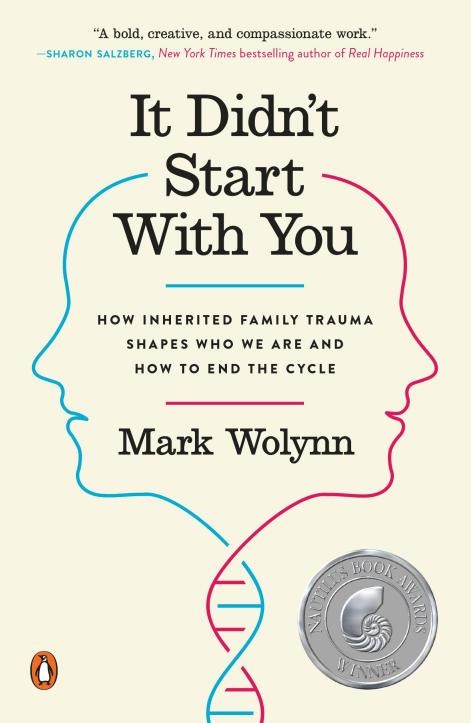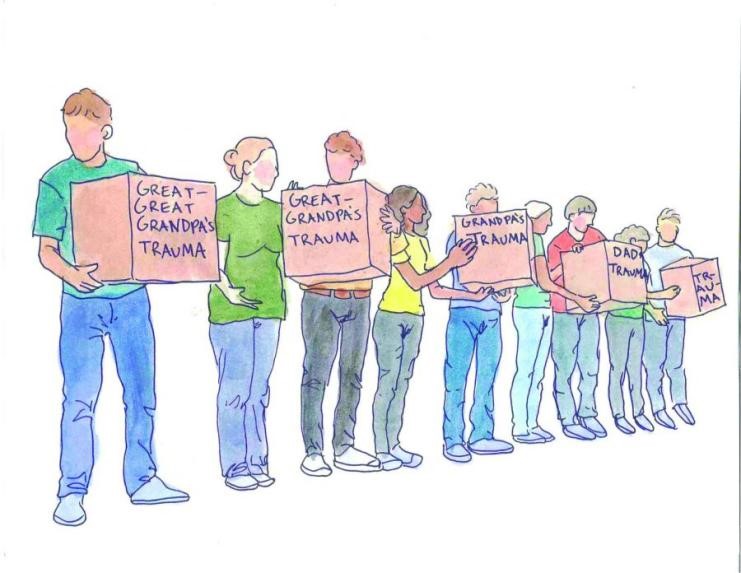I actually don’t know where my phobia for snakes came from, considering that I had a pet water snake since I was 11 or 12, he must have died when I was 15. He was orange and brown stripped, and I would routinely remove him from the tank together with the fish every time we had to clean the tank. I removed him with my bare hands – just to highlight how much I actually didn’t mind handling snakes. Being black, African and Zimbabwean, I really wouldn’t tell many people that I had a pet snake lest we were labeled as a family (tonzi vanogara nenyoka mu tank). Okay, I digress! I am now terrified of snakes, I don’t like watching them on TV, seeing them in a magazine or bumping into them face to face. But as the universe has it, in most instances when we have seen a snake at home, I am the one that sees it first. At one point I met 2 that were chasing each other. Okay, now I am having heart palpitations from writing about them.
I only found out from a cooking group last year that you can have peanut butter cabbage (cabbage rine dovi). I asked my mother and she confirmed. But I also asked why we had never had it growing up, ever! Turns out peanut butter cabbage reminds my mother of a period of poverty that they went through in her childhood. She explains that they at some point would eat cabbage every other day, boiled, fried, with peanut butter, etc. So every time she thinks of cabbage, she thinks of poverty. I still have not tasted peanut butter cabbage, though I love pumpkin leaves in peanut butter and spinach in peanut butter as well. The peanut butter cabbage now also sounds like poverty, because of my mother’s story, or rather her experience.
Men that grew up witnessing their father’s abuse their mothers will either never abuse their own wife because of what they grew up seeing or they will be abusive because that is what they grew up seeing. Women that grew up in abusive households will sometimes never see what is wrong with an abusive husband because that is what they grew up seeing from their father or they will never tolerate an abusive husband because that is what they grew up seeing from their father. For some, they may never have witnessed the abuse first hand. Furthermore, children who grew up with alcoholic or drug abusing parents will either grow up to be alcoholics themselves or would never abuse drugs because that is what they grew up seeing and knowing. (I’m generalizing here)

I was recently thinking about generational trauma and a possibility of how it links to many of our experiences, and I found this read interesting;
The Washington Post
“A newborn mouse pup, seemingly innocent to the workings of the world, may actually harbor generations’ worth of information passed down by its ancestors.
In the experiment, researchers taught male mice to fear the smell of cherry blossoms by associating the scent with mild foot shocks. Two weeks later, they bred with females. The resulting pups were raised to adulthood having never been exposed to the smell. Yet when the critters caught a whiff of it for the first time, they suddenly became anxious and fearful.
They were even born with more cherry-blossom-detecting neurons in their noses and more brain space devoted to cherry-blossom-smelling.
The memory transmission extended out another generation when these male mice bred, and similar results were found.
Neuroscientists at Emory University found that genetic markers, thought to be wiped clean before birth, were used to transmit a single traumatic experience across generations, leaving behind traces in the behavior and anatomy of future pups.
The study , published online Sunday in the journal Nature Neuroscience, adds to a growing pile of evidence suggesting that characteristics outside of the strict genetic code may also be acquired from our parents through epigenetic inheritance. Epigenetics studies how molecules act as DNA markers that influence how the genome is read. We pick up these epigenetic markers during our lives and in various locations on our body as we develop and interact with our environment.
Does this mean we as humans have also inherited generations of fears and experiences? Quite possibly, say scientists. Studies on humans suggest that children and grandchildren may have felt the epigenetic impact of such traumatic events such as famine, the Holocaust and the Sept. 11, 2001, terrorist attacks. And in a Zimbabwean context, traumatic events such as the liberation struggle, Gukurahundi, Cyclone Idai etc.
The study however highlights that because environmental factors for human subjects can’t be controlled, it is difficult to parse out the effects of epigenetics alone.”
Hear this…
Some common examples of intergenerational trauma include:
Domestic violence
Alcohol and drug addiction
Child abuse and neglect
Refugees
Survivors of combat trauma and war related trauma
The aforementioned denial is just one of the red flags to look for. Other manifestations of generational trauma are:
Emotional numbing and depersonalization
Unresolved and complicated grief
Isolation and withdrawal
Hyper-vigilance
Fearfulness
Memory loss
Anger and irritability
Nightmares
Inability to connect with others
Lack of trust of others
Substance abuse
Recurring thoughts of death, dying, and suicide
For school-age children or teens, the signs may be more obvious inside an academic setting. For example:
Disciplinary issues
Poor grades
Cutting classes
Dropping out
So how do you deal with generational trauma? Read this

As I was reading more and more about this and that, I started exploring about “self repression” as a way to break generational traumas or the passing of fear through generations. For example, according to Good Therapy
A child suffers abuse by a parent, represses the memories, and becomes completely unaware of them as a young adult. The repressed memories of abuse may still affect this person’s behavior by causing difficulty in forming relationships.
An adult suffers a nasty spider bite as a child and develops an intense phobia of spiders later in life without any recollection of the experience as a child. Because the memory of the spider bite is repressed, he or she may not understand where the phobia originates.
“ Freudian slips ,” or parapraxis, by definition can be thought of as examples of repression. Freud believed that errors in speech, memory, or physical reactions were the result of something hidden in the offender’s unconscious .
Let’s talk about the latter later. For now, let me know what you think. Do you have phobias or experiences that you think are a generational trauma?